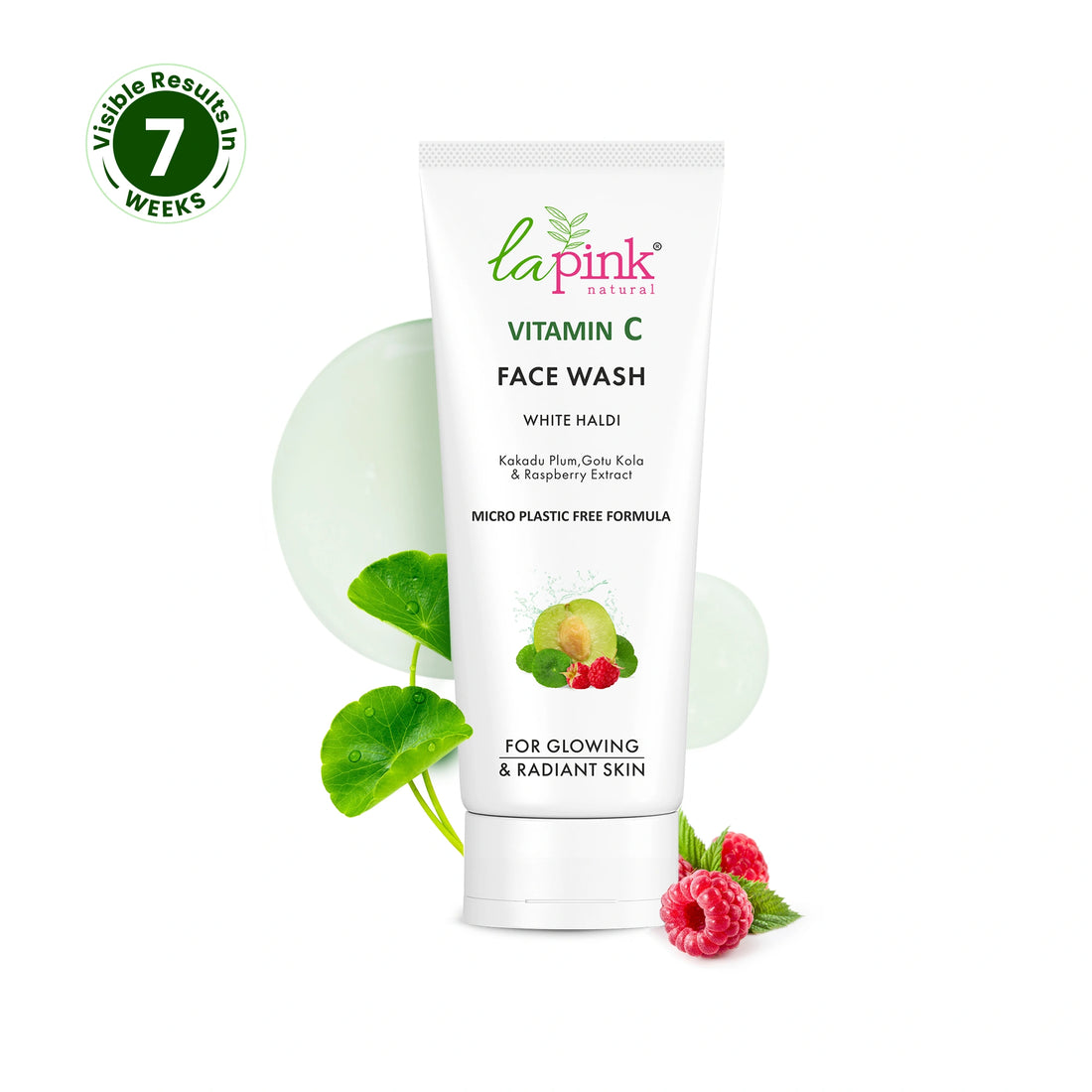Amla
Amla, also known as Indian Gooseberry, is a powerhouse ingredient revered in Ayurvedic traditions for its extraordinary benefits for hair and scalp health. Extracted from the fruit of the Phyllanthus emblica tree, Amla is rich in essential nutrients like Vitamin C, antioxidants, and a host of phytonutrients that make it a cornerstone of natural haircare solutions. Its multifaceted properties help nourish, strengthen, and rejuvenate hair from root to tip.
A Quick Look at Amla’s Scientific Background
Amla has been used in Indian medicinal practices for over 3,000 years. It is celebrated for its high concentration of Vitamin C—20 times more than oranges—along with tannins, flavonoids, and polyphenols. These compounds not only protect the hair from oxidative stress but also enhance its texture and strength. The fruit also contains essential fatty acids that penetrate deep into hair follicles, promoting healthier growth and reducing hair fall.
Key Compounds in Amla Responsible for Haircare
- Vitamin C: Boosts collagen production, strengthens hair roots and prevents premature greying.
- Antioxidants: Neutralize free radicals to reduce oxidative damage to the scalp and hair.
- Tannins: Provide natural conditioning and protect against environmental pollutants.
- Iron and Calcium: Strengthen hair strands and improve overall scalp health.
- Essential Fatty Acids: Nourish the scalp and promote shiny, voluminous hair.
The Role of Amla in Haircare
For centuries, Amla has been used in various forms—powder, oil, or juice—to tackle common problems like dandruff, thinning hair, and dullness. Modern formulations have incorporated Amla into shampoos, conditioners, masks, and serums to deliver its benefits more effectively.




















